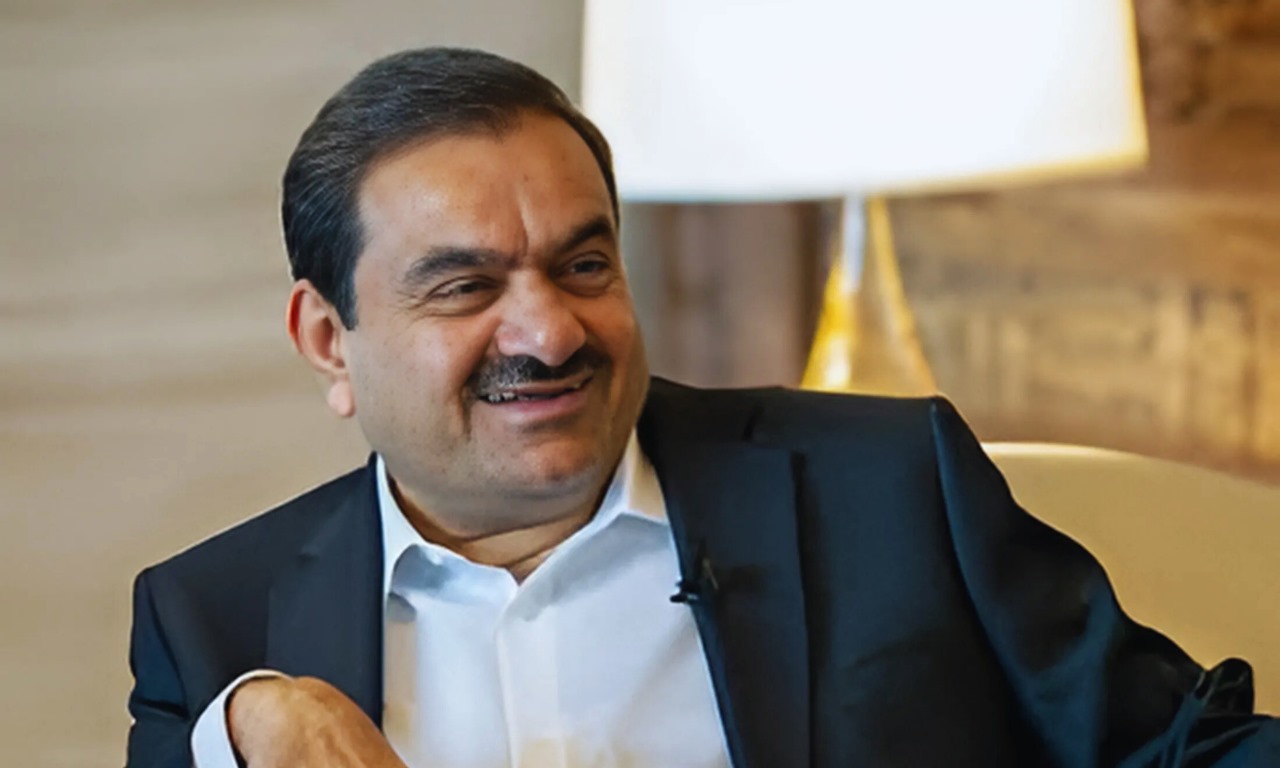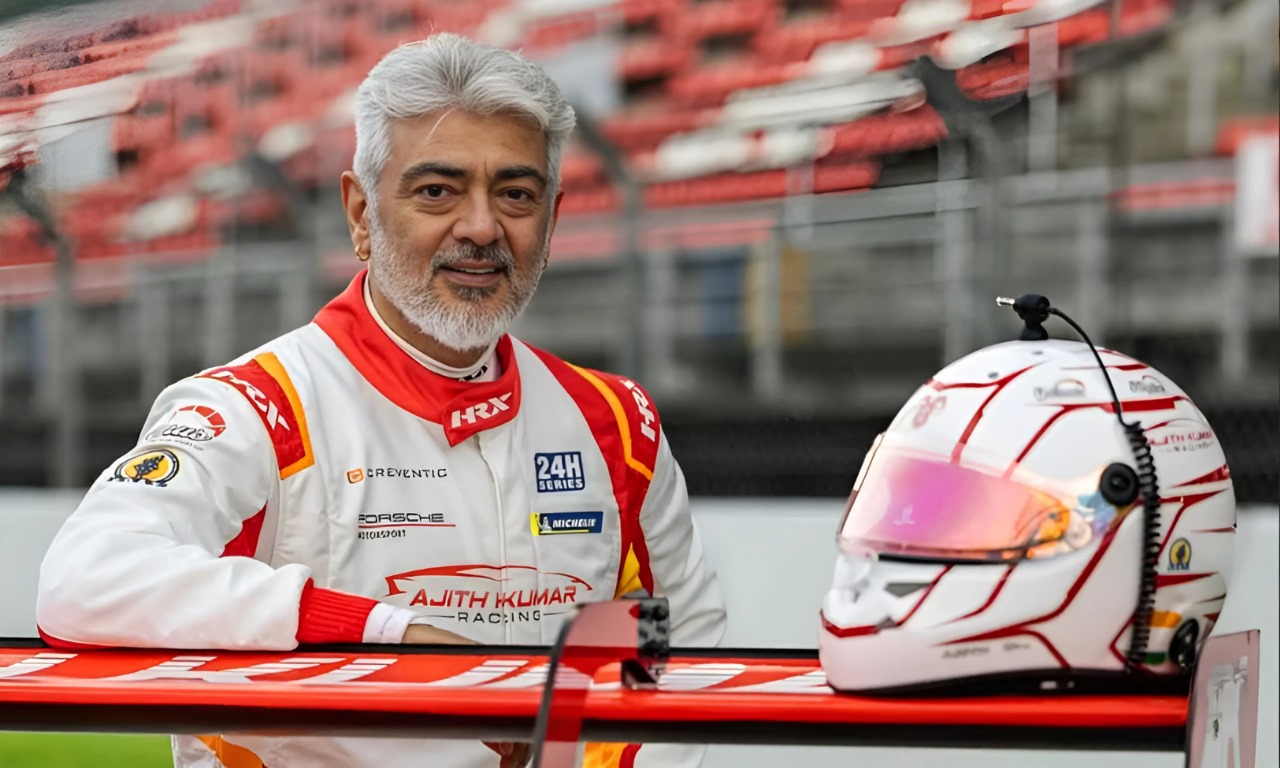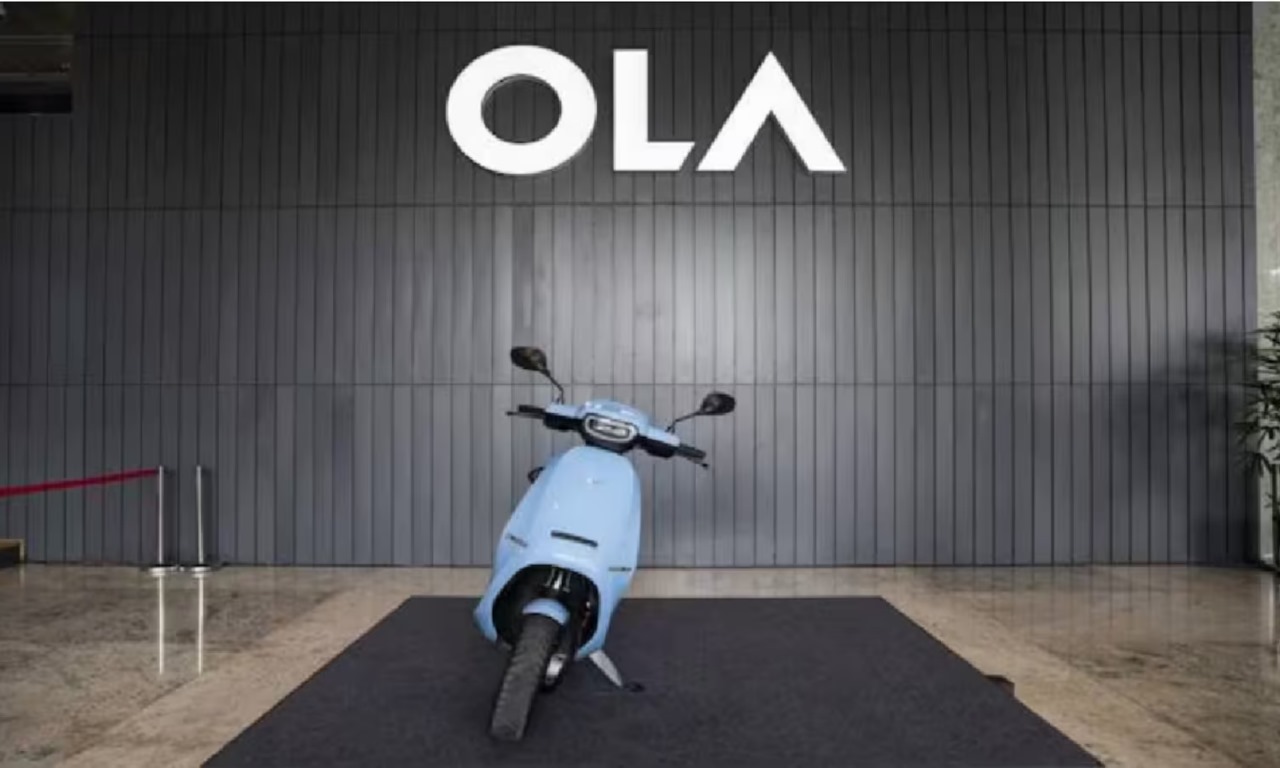Gautam Adani Backs Colombo Terminal Project with Self-Funding, Drops $553M US Loan

Billionaire Gautam Adani’s Adani Ports and Special Economic Zone Ltd (APSEZ) has decided to self-finance the Colombo West International Terminal (CWIT) project in Sri Lanka.
The company has opted out of a $553 million loan agreement with the US International Development Finance Corporation (DFC), originally planned to support the deep-water container terminal’s development.
This strategic decision reflects the conglomerate’s focus on maintaining financial independence and adhering to its broader capital management plan. Despite this announcement, Adani Ports’ shares saw a 1.12% dip, trading at Rs 1,234.80.
Colombo Port Project: A Strategic Expansion
The CWIT project, part of Adani Ports’ international expansion strategy, is a collaboration with Sri Lanka Ports Authority (SLPA) and Sri Lankan conglomerate John Keells Holdings.
Initially, the US loan was part of a broader effort to counter China’s growing influence in the region. However, complications arose when the DFC requested amendments to the agreement between Adani and SLPA, which required Sri Lanka’s Attorney General’s review.
With the project nearing completion and Adani Ports holding a 51% stake, the company decided to proceed independently.
The project is expected to be operational by Q1 2025 and will enhance Colombo Port’s capacity to handle increased maritime traffic in the Indian Ocean.
Allegations and Geopolitical Implications
The withdrawal from the US loan agreement coincides with bribery allegations against Gautam Adani and his executives.
The US Department of Justice accused them of conspiring to pay $265 million in bribes to Indian officials for solar energy contracts, promising $2 billion in profits over 20 years.
Adani Ports has denied the allegations, calling them baseless, and stated its intention to pursue legal recourse. Meanwhile, the US DFC has been “actively assessing the ramifications” of these allegations and has yet to disburse any funds to the Adani Group.
The CWIT project remains geopolitically significant. It is viewed as a counterbalance to China’s influence in Sri Lanka, particularly as the Port of Colombo is a vital transshipment hub in the Indian Ocean, operating at over 90% capacity since 2021.
Financing the Colombo Port Independently
In a filing on Tuesday, Adani Ports confirmed that the CWIT project would be funded entirely through internal accruals.
“The project is on track for commissioning by early next year,” the company stated, emphasizing its commitment to completing the terminal.
The decision to self-fund the project not only underscores Adani’s focus on strategic flexibility but also aligns with its long-term vision for streamlined financial management.
Adani Ports and its partners have pledged over $700 million to expand Colombo Port’s capabilities since the project’s inception in September 2021.
Strengthening Sri Lanka’s Shipping Hub
The CWIT project positions Colombo Port as a critical player in global maritime logistics. Located at a strategic juncture on key shipping routes, the terminal will cater to growing economies in the Bay of Bengal and adjacent markets.
Sri Lanka’s President Anura Kumara Dissanayake is scheduled to visit India, reflecting the geopolitical ties influencing the project’s progress.
The new terminal aims to boost Sri Lanka’s economy by capitalizing on its geographic advantage and addressing the port’s overutilization.
Challenges Amid Growth
Adani’s ventures face mounting scrutiny amid allegations and geopolitical complexities.
In India, opposition parties have accused Prime Minister Narendra Modi of favoring Gautam Adani, given their shared home state of Gujarat. However, Adani Ports continues to expand its infrastructure footprint while defending its reputation against the allegations.
Despite the challenges, Adani’s strategic withdrawal from external financing and commitment to the Colombo Port project demonstrate its resilience.
By self-funding, Adani Ports retains greater control over the project, ensuring alignment with its long-term objectives.
A Bold Step Forward
The decision to opt out of the $553 million US loan reflects Adani Ports’ determination to maintain financial independence and navigate geopolitical complexities.
The Colombo Port project remains a cornerstone of Adani’s international expansion, reinforcing Sri Lanka’s role in global shipping while countering regional influence from China.
As the CWIT project approaches completion, Adani Ports’ strategic choices underline its commitment to innovation and resilience in the face of challenges, shaping the future of maritime logistics in South Asia.









